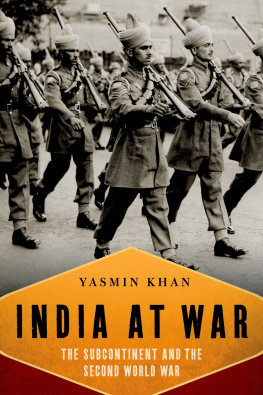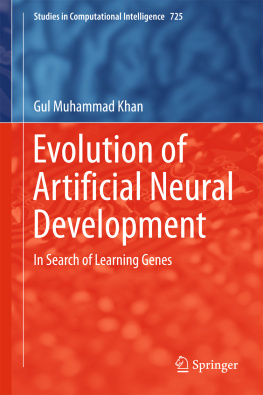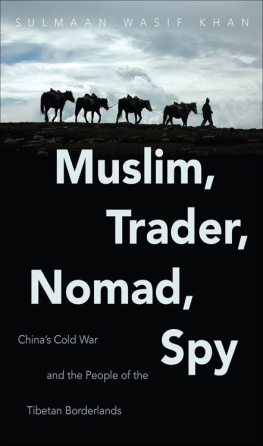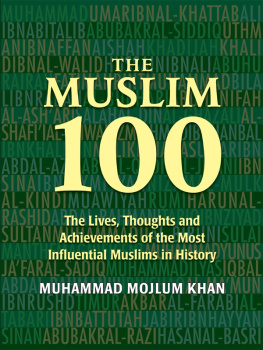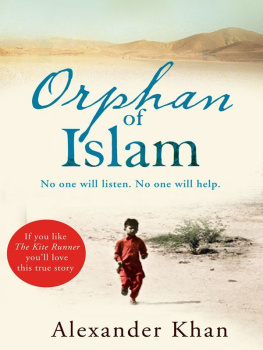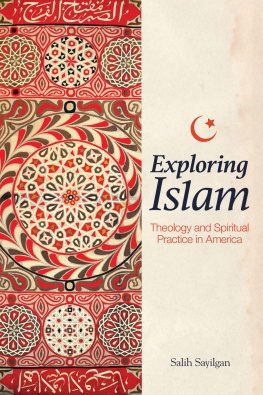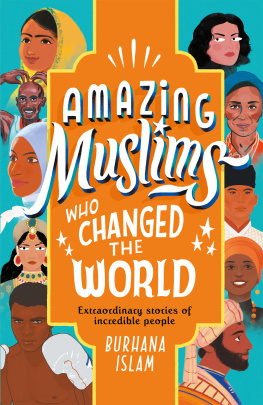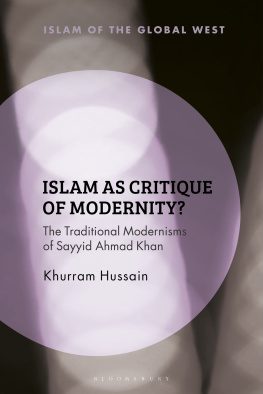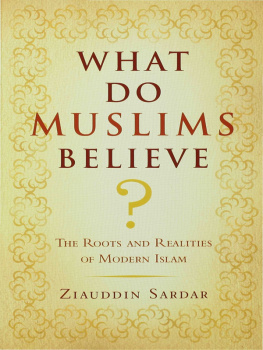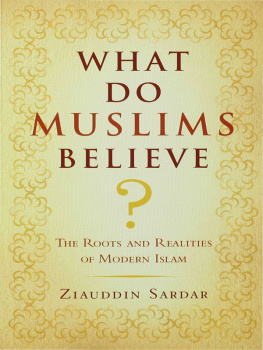YOUNG MUSLIMS,
PEDAGOGY AND ISLAM
Contexts and Concepts
M.G. Khan
First published in Great Britain in 2013 by
The Policy Press
University of Bristol
Fourth Floor
Beacon House
Queens Road
Bristol BS8 1QU
UK
t: +44 (0)117 331 4054
f: +44 (0)117 331 4093
tpp-info@bristol.ac.uk
www.policypress.co.uk
North America office:
The Policy Press
c/o The University of Chicago Press
1427 East 60th Street
Chicago, IL 60637, USA
t: +1 773 702 7700
f: +1 773-702-9756
sales@press.uchicago.edu
www.press.uchicago.edu
The Policy Press 2013
British Library Cataloguing in Publication Data
A catalogue record for this book is available from the British Library.
Library of Congress Cataloging-in-Publication Data
A catalog record for this book has been requested.
ISBN 978 1 84742 878 3 paperback
ISBN 978 1 84742 877 6 hardcover
The right of M.G. Khan to be identified as author of this work has been asserted by him in accordance with the Copyright, Designs and Patents Act 1988.
All rights reserved: no part of this publication may be reproduced, stored in a retrieval system, or transmitted in any form or by any means, electronic, mechanical, photocopying, recording, or otherwise without the prior permission of The Policy Press.
The statements and opinions contained within this publication are solely those of the author and not of the University of Bristol or The Policy Press. The University of Bristol and The Policy Press disclaim responsibility for any injury to persons or property resulting from any material published in this publication.
The author and publisher gratefully acknowledge the permission granted to reproduce the copyright material in this book. All reasonable efforts have been made to identify the holders of copyright material and to obtain permission for use. In the event of any error or omission, please contact the publisher so that a correction can be incorporated in future reprints or editions of the book.
The Policy Press works to counter discrimination on grounds of gender, race, disability, age and sexuality.
Cover design by The Policy Press
Front cover (and on page 101): image kindly supplied by the Muslim Youthwork Foundation. Skratch Punk font created by Nik Coley.
Printed and bound in Great Britain by Hobbs, Southampton
The Policy Press uses environmentally responsible print partners
Readers Guide
This book has been optimised for PDA.
Tables may have been presented to accommodate this devices limitations or/and use scroll function for a complete review of the tables as and where needed.
Image presentation is limited by this devices limitations.
In memory of my father
Hajji Muhammad Abdul Khan
and my wife
Sevda Inik-Khan
My existence is from you
And your appearance is through me
Yet if I had not existed
You would not have been.
Ibn Arabi (1165-1240)
This book has taken some time to get around to writing, and I am grateful to the individuals who have been there along the way. Colleagues new: Bal Gill and Steph Green for the support and insight they provided (I think you read more drafts than I did), and colleagues old: Gill Cressey and Wayne Richards, who gave of time and thought.
There are individuals who have inspired, read, commented and cussed who are not just a part of this book but also a part of my life: Mehdi and Ingrid Razvi, Charlie Husband, Tom Wylie, Mohammed Shafique, Abdoolkarim Vakil, George and Teresa Smith, Taniya Hussain, Sheikha Halima Krausen (who inspired the relationships model used in this book), Man Yee Lee, Taz Bashir, Zahoor Iqbal and my smuggler of rare and precious texts, Carola Nielinger Vakil, and others who I have missed out, probably because I am rushing to meet a deadline, and who are now breathing a sigh of relief.
This book is dedicated to youth workers such as Phil Hamilton who has been an inspiration in many young peoples lives, mine included, and youth workers such as Adil Hadi, not forgetting the Nibbler and there are many others.
I am very grateful to the students at Ruskin College for putting up with me you are special people and in being a part of your learning journeys I have learnt much about mine.
I am indebted to the patience and support of my family and friends life is short and there is an opportunity cost for everything one does.
Last, but not least, I would like thank The Policy Press Karen Bowler, Laura Vickers, Laura Greaves and Susannah Emery, and others whom I have not come across as yet who have been nothing but patient and supportive and who have made this book possible.
Welcome to the ruins
Welcome to the ruins
Dont get fooled by the exterior
Dont get put off by the cold
There is no need for veils
You can leave your guilt at the threshold
All is visible to the keeper
Nothing of shame to behold
Gone will be the inhibitions that trap you
Gone will be the desire to present
It is not shamelessness that meets you
Gestures and pretence dont frequent
Truth has laid bare the decorations
There is no lean to for the world
No table to put the cup on
Or qibla to look towards
Are you tired of looking through the keyhole
Have you the strength to break down the door
Dont be blinded by the light that greets you
Let it embrace you
Like you were once embraced before.
M.G. Khan
Direction to Mecca.
and places we find
Fuck it all
Fuck it all
Your preaching
Your answers
As if
Youve been where Im going
Seen all Ive seen
Your obvious metaphors
Your crappy analogies
And fuck you
Your pretentious piety
And your sly interpretations
To suit your fetishes
Your uniform of sobriety
Over eyes that leave nothing untouched
Well fuck you
As I have time for everything
But you.
M.G. Khan
If God became an infant in your
Arms
Then you
Would have to nurse all
Creation.
Hafiz (1320-1389);
translated by Daniel Ladinsky (1999)
Idries Shah (1978) explains that the danger of sentiment is that once it is expressed, it becomes worn out, turns into truisms, things repeated without thought or feeling, its speech becomes a mechanical act, devoid or disconnected to the reality that it seeks to articulate. Sentiments are propagated and used for their sign value rather than their use value. Notions around equality particularly come to mind, such as, we live in an equal society or equality of opportunity. Does sentiment reflect reality? Does it mask it? Is there an absence of a profound reality that underpins it? Or does it have no relationship to reality at all? Baudrillard (1994) coined this last stage the desert of the real, a space where the world of film, television and the virtual world is more real and intense to us than our real lives.




